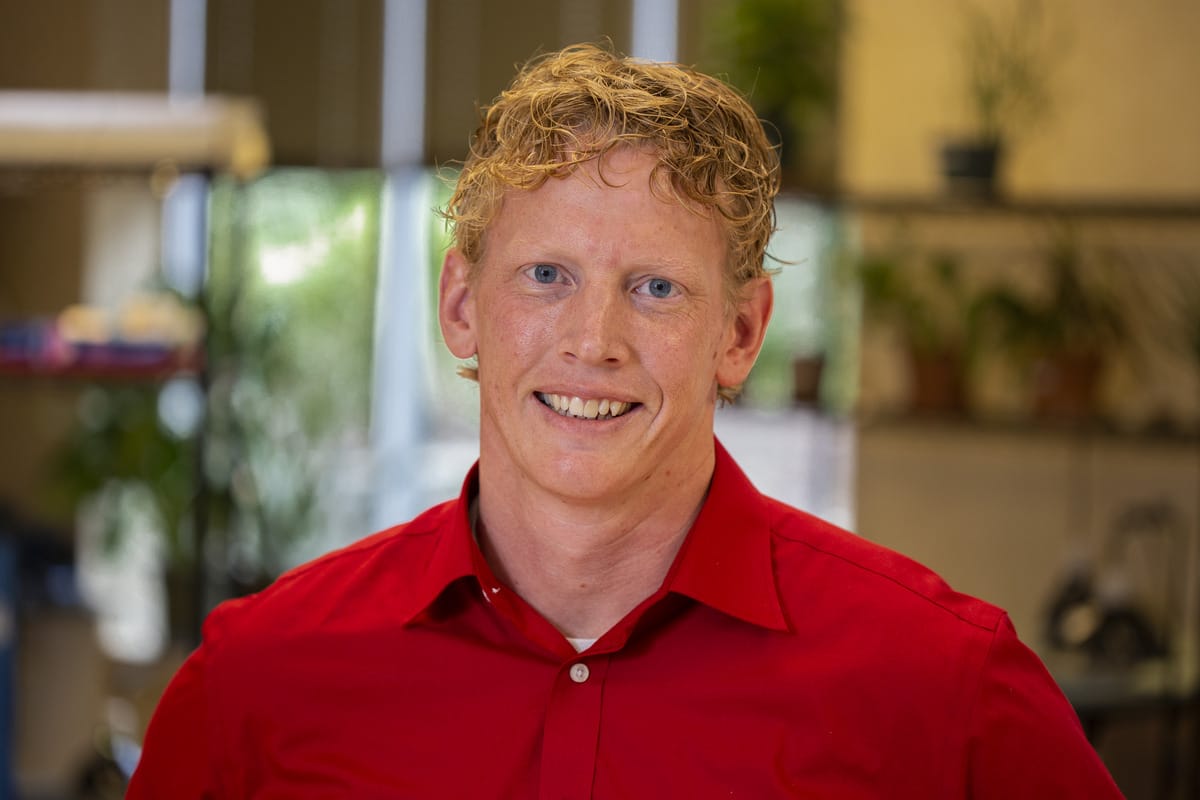I’m writing this from Austin, Texas, where I’m attending the SXSW EDU conference — and it is AWESOME. Every session I’ve attended has been engaging and thought-provoking, and has given me practical ideas about how to improve myself as an educator and as a supporter of teachers. The attendees I’ve met have been interesting, with diverse backgrounds and pathways that have given them insightful perspectives on how we teach and learn. It has been a truly wonderful experience.
And it starts with connection. For the last two years, despite our best teleconferencing efforts, the quality of simple human connection has been sorely lacking. Staying apart was prudent, of course, but it came with a cost. And now, it’s absolutely glorious to be able to bring people together from all around the country; it’s an itch that’s overdue for a scratch.
That’s why VAI has put on Science on the Grand, and why we’re excited to be bringing people back together in Grand Rapids on July 11th-12th to learn from each other and to grow a little more awesome. I hope that you’re able to make it. That’s right — you. The person wearing your shoes right now. Yes, this is a shameless sales pitch, but we really need YOU in order to make this conference a success; if you’re not there, the whole thing diminishes just a little bit. And that goes for your teaching friends and colleagues as well.
Imagine connecting with a plethora of awesome educators to learn, to laugh, and to eat free food. Then, make it a reality by signing up!
Connection in the Classroom: Four of My Favorite Practical Strategies
One thing a great conference does is share tips that are actually practical — and that’s good advice for a blog as well. So, since connection and collaboration are just as important for your students as they are for you, here are a few of my favorite creative little collaboration strategies:
- Collaboration Sentence Stems: Scaffold students toward successful collaboration by giving them collaboration sentence stems they can use in specific situation. For example, how might they start their sentence if they’re building on to an idea, if they’re summarizing what they’ve heard, or if they’re disagreeing with a point?
- Soldier… or Scout?: People with a soldier mindset are only interested in defending their ideas and proving themselves right. They are not concerned with learning or understanding. People with a Scout mindset are curious; they want to hear all sides of an issue and develop an informed opinion. Teach students the difference; then, when students disagree, help them have productive conversations by reflecting on their mentality and embrace a scout mindset.
- Think, Write, Pair, Share: Instead of asking a question and calling on a few students to answer, engage all students in collaborative conversations with Think, Write, Pair, Share. After asking a question, give students time to think to themselves. Then have them write (or draw) ideas on paper to help solidify thinking. Then have each student talk with a partner. During the talk time, students go deeper into their understanding to clarify their ideas as they explain them to a peer. Finish by calling on pairs to share their thoughts, facilitating a community of learners that builds their knowledge and understanding together.
- Truth Contagion: Test your students’ collaboration skills by giving them a novel problem or challenge and having each student vote on an answer. Then, let them share their rationales with each other. Remind students to change their minds if they hear a good reason, but not if they don’t. After students share their ideas, re-vote. Reveal the answer and the reason, and see if your students’ collaboration has helped the truth spread like wildfire through your classroom!
Finding More Support
If you enjoyed these strategies, be sure to check out our other free resources at blueappleteacher.org. I hope to see you all soon at Science on the Grand. I truly believe that by connecting and collaborating, we can reenergize the world of education and build classrooms where curiosity, creativity, and critical thinking thrive. Until then, do hesitate to reach out if you need assistance. VAI is always happy to lend a hand!

